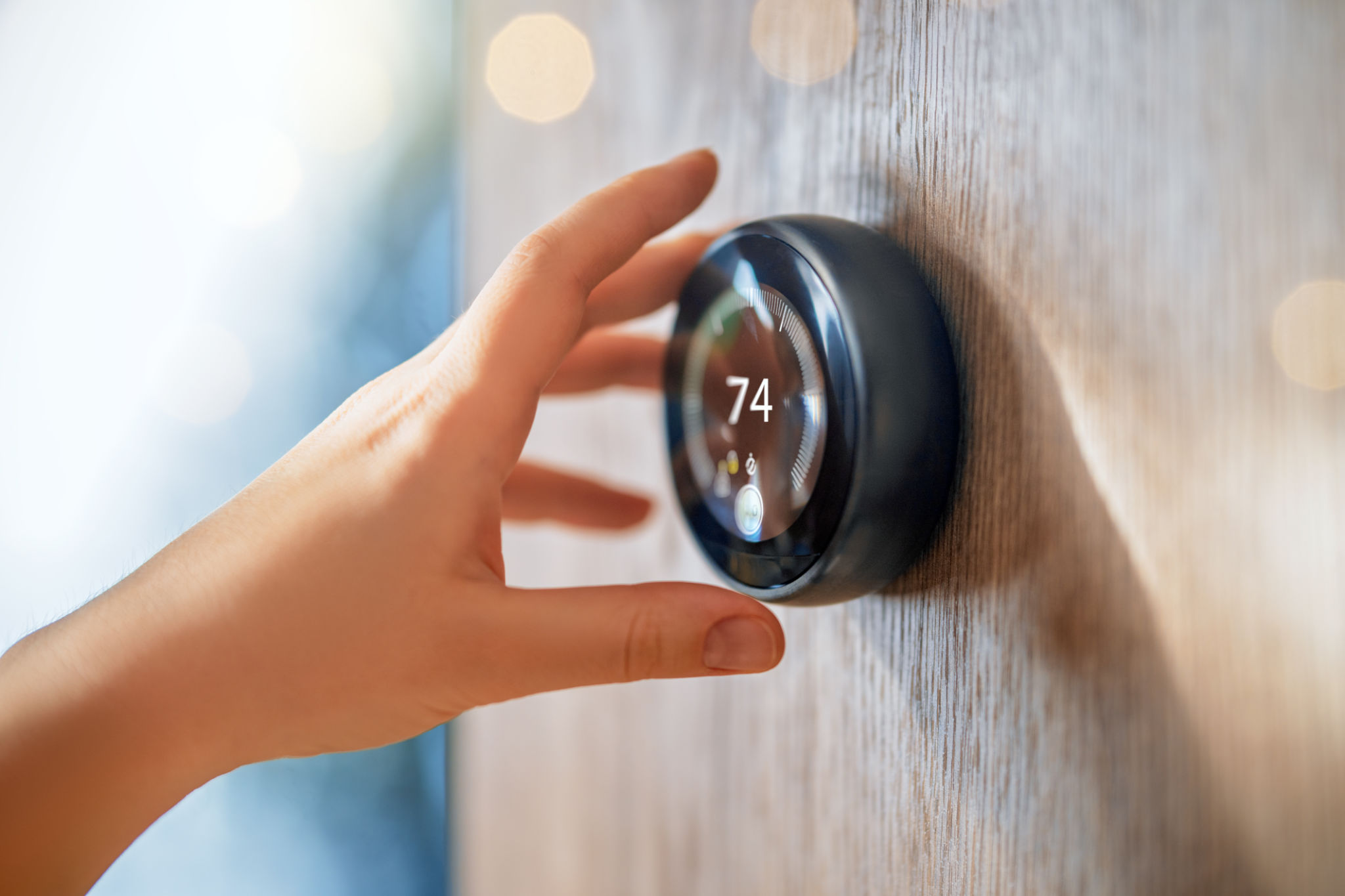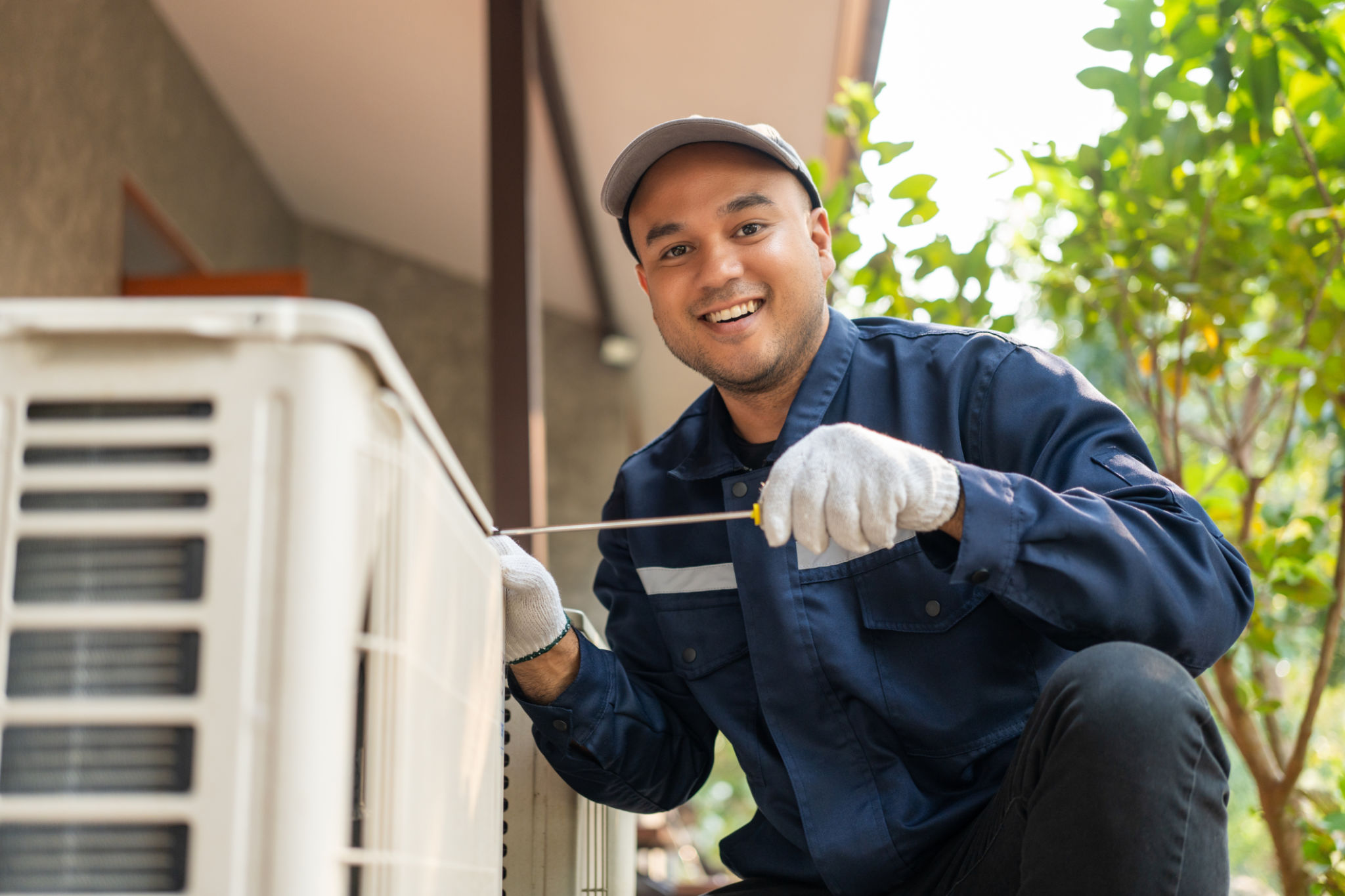Why Your AC Isn't Running: Common Issues and How to Fix Them
Understanding Why Your AC Isn't Running
As temperatures rise, the last thing anyone wants is for their air conditioner to stop working. However, this is a common issue faced by many homeowners. Understanding the root cause will not only bring you comfort faster but may also save you from unnecessary repair costs. Let's explore some common reasons why your AC might not be running and how you can address these issues.

Power Supply Issues
One of the simplest reasons your AC might not be running is a power supply issue. Check if the unit is plugged in properly and ensure the circuit breaker hasn't tripped. If there's no power, resetting the breaker might solve the problem. If the issue persists, there might be a problem with the electrical wiring, requiring professional inspection.
Thermostat Problems
Your thermostat acts as the brain of your air conditioning system. If it's malfunctioning or set incorrectly, your AC won't turn on. First, ensure that it's set to 'cool' mode and that the temperature setting is below the current room temperature. Replacing old batteries or recalibrating the thermostat can often fix these issues.

Dirty Air Filters
Air filters play a crucial role in maintaining indoor air quality and ensuring efficient operation of your AC unit. Over time, these filters can become clogged with dust and debris, restricting airflow and causing your unit to stop working. Regularly replacing or cleaning filters is a simple yet effective way to avoid this problem.
Refrigerant Leaks
Refrigerant is essential for cooling your home, and any leaks can significantly impact your AC's performance. Signs of a refrigerant leak include reduced cooling, hissing noises, or ice forming on the unit. If you suspect a leak, it's important to contact a professional technician, as handling refrigerants requires specialized knowledge and equipment.

Frozen Evaporator Coils
Evaporator coils can freeze due to poor airflow or low refrigerant levels. This can cause your AC to stop running efficiently. To resolve this, turn off the AC and allow the coils to thaw. Ensure that airflow is unobstructed and that refrigerant levels are adequate before turning the unit back on.
Capacitor or Motor Issues
The capacitor and motor are vital components of your AC system. A faulty capacitor won't provide the necessary startup energy to the motor, while a damaged motor can halt the entire system. These components typically require replacement by a trained technician to ensure proper function and safety.
Preventative Maintenance Tips
Regular maintenance is key to preventing many common AC issues. Consider these tips:
- Schedule annual professional inspections.
- Clean or replace air filters every 1-3 months.
- Keep outdoor units free from debris and foliage.
Proactive care can extend the life of your system and maintain optimal performance.
Final Thoughts
While some AC issues can be resolved with simple troubleshooting, others may require professional intervention. Understanding these common problems can help you maintain your system more effectively and keep your home cool during those sweltering days. Always prioritize safety when dealing with electrical appliances and consult with professionals for complex issues.
